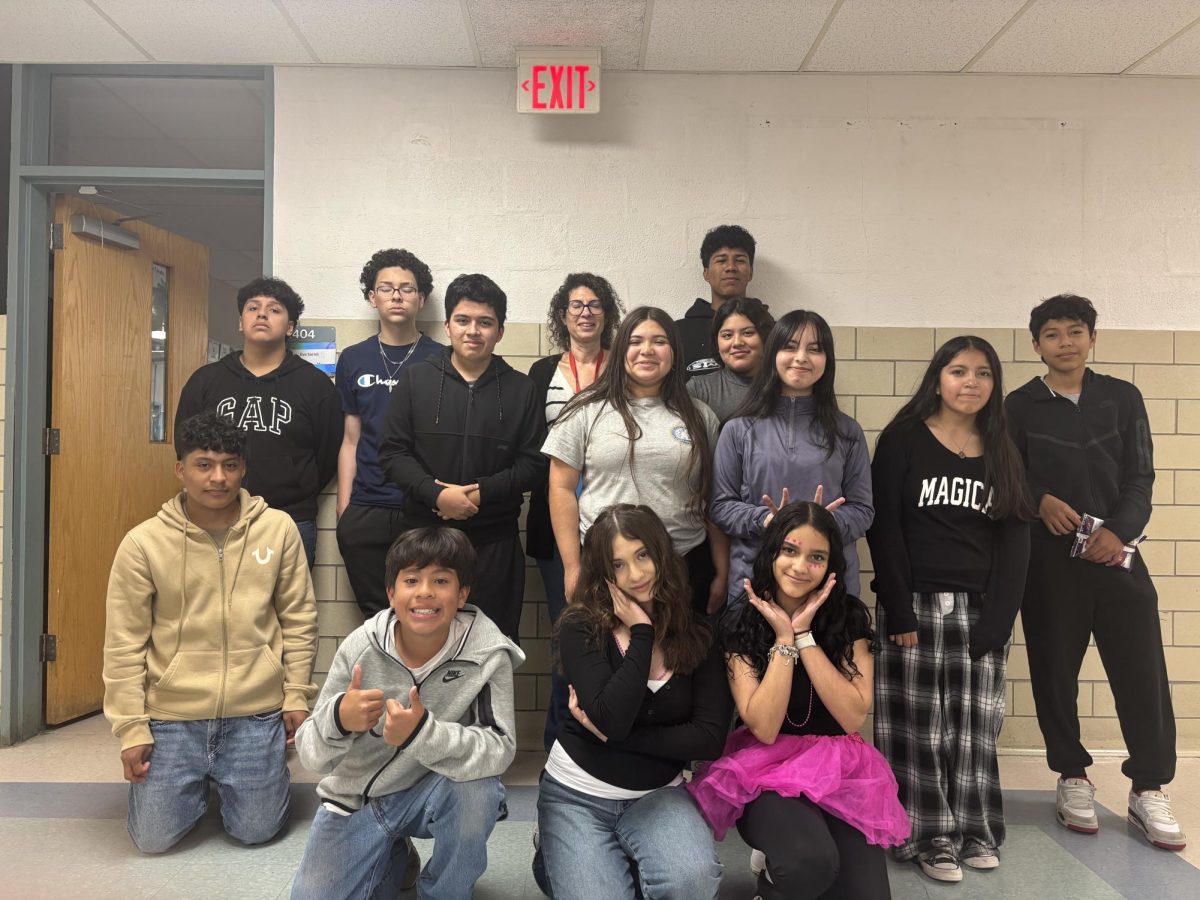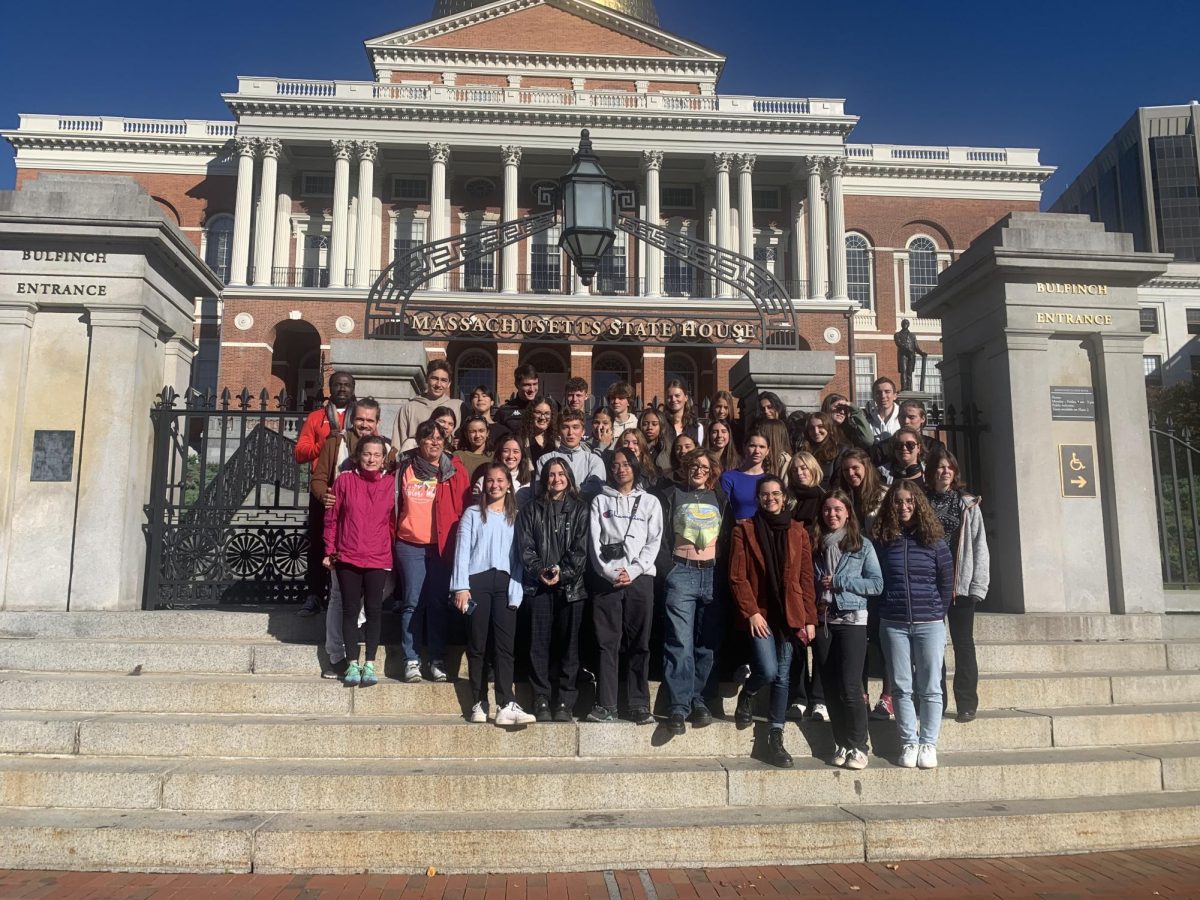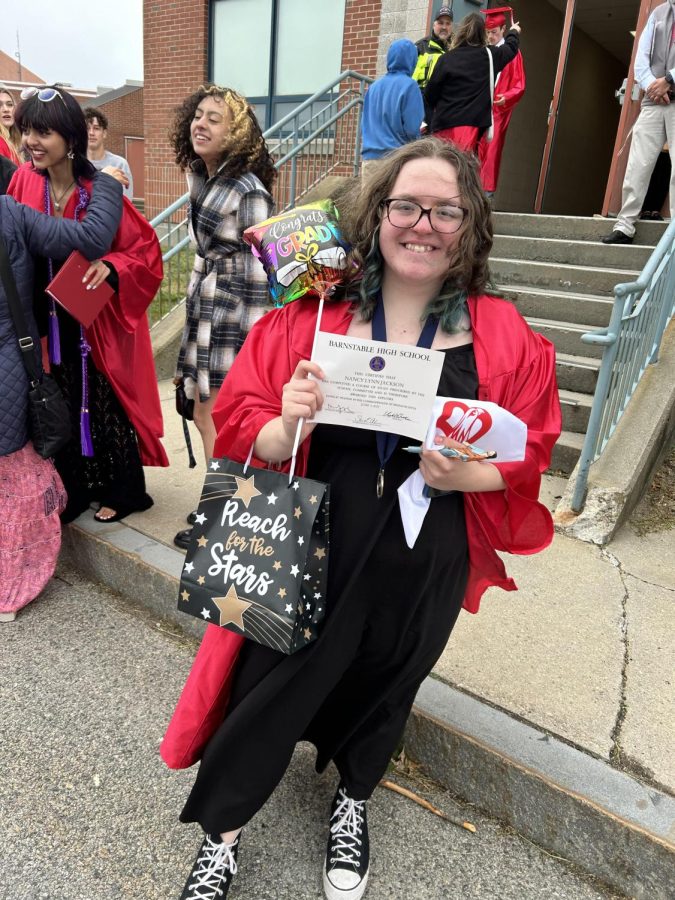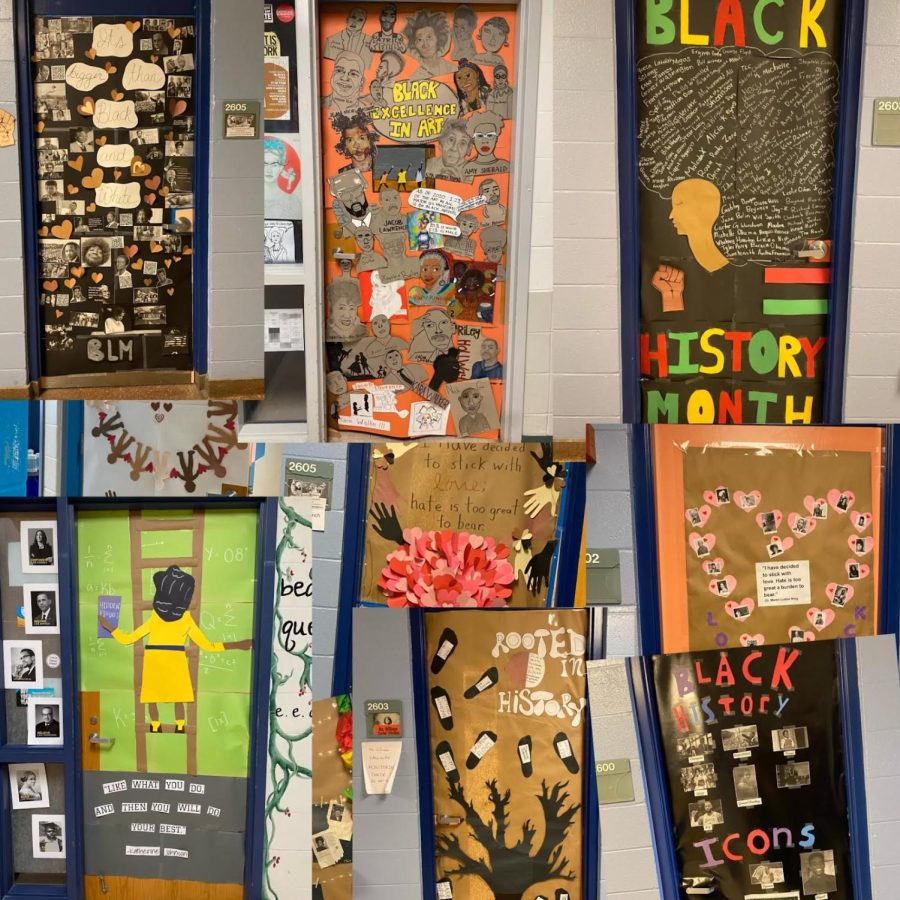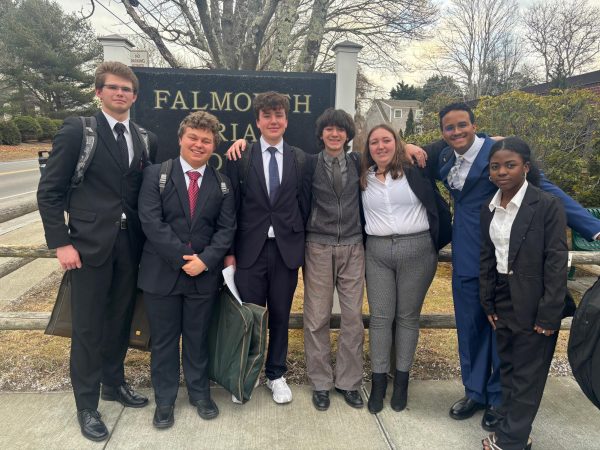
After many years without notching a win, Barnstable High School’s Mock Trial Club had a strong season, winning three competitions and advancing to regionals.
Barnstable won the trials against Cape Cod Academy (78-77), Falmouth Academy (84-81), and Falmouth High School (82-78). The team lost to Franklin High School in the regionals round with their highest score to date (88-95).
Schools who compete are given a fictional court case, which includes the mock trial rules, the stipulations of the case that both parties have agreed to, three sworn witness affidavits for each side of the case (Prosecution/Plaintiff and Defense), and pertinent statutes and case law. Club advisor Jennifer Holland said she has always had an interest in mock trials. She participated in mock trial during her high school years and was an advisor for this club at a previous school she worked at. Holland loves the mix of students they have this year from age, to some are multilingual.
“I was so happy that they not only got to experience one win, but three!” said Holland
They begin meetings in September and spend early meetings going over the Mock Trial Rules, do role plays to get comfortable with direct questioning, cross examination questions, rules of evidence, admitting evidence into a trial, and objections. When they get the trial packet (which is over 100 pages long), they read the stipulations that both sides agree on, they read all of the affidavits, and they work on coming up with a case theory for both sides. This is basically what version of events they will be arguing and the main points we want to come out with witness testimony. They also come up with a timeline of events to get a clear picture. The affidavits contain a mix of both helpful and hurtful information for both sides, as well as some irrelevant information.
The team participates in an annual state-wide competition sponsored by the Massachusetts Bar Association. The trials are about 2 hours long; there are time limits for each part of the trial. For example, opening statements have a time limit of 5 minutes. Trials are scored using a rubric and each part of the trial for lawyers is scored out of ten points and witnesses are scored out of ten points, with the highest score being a 110. This year’s case was a civil lawsuit in which the plaintiff, Alex Parker, was suing Devon Roy for negligently providing alcohol to minors at his son’s graduation party. This led to a car accident in which Alex Parker, the plaintiff, was severely injured according to Holland. Schools compete by region in the preliminary rounds. Schools must prepare both sides of the case and assign roles, lawyers and witnesses, for both sides. There are three trials in this round and the school who wins the most trials advances to the Regional Competition.
This year’s team was small with only 10 members. They have put in a lot of work with many new members who had to learn all of the rules and material. Junior, Henry Richardson, is going to be a captain next year and said he enjoys studying and practicing law and creating and asking the questions. He was not expecting much out of this season because of their size, so to beat three local teams was surprising.


